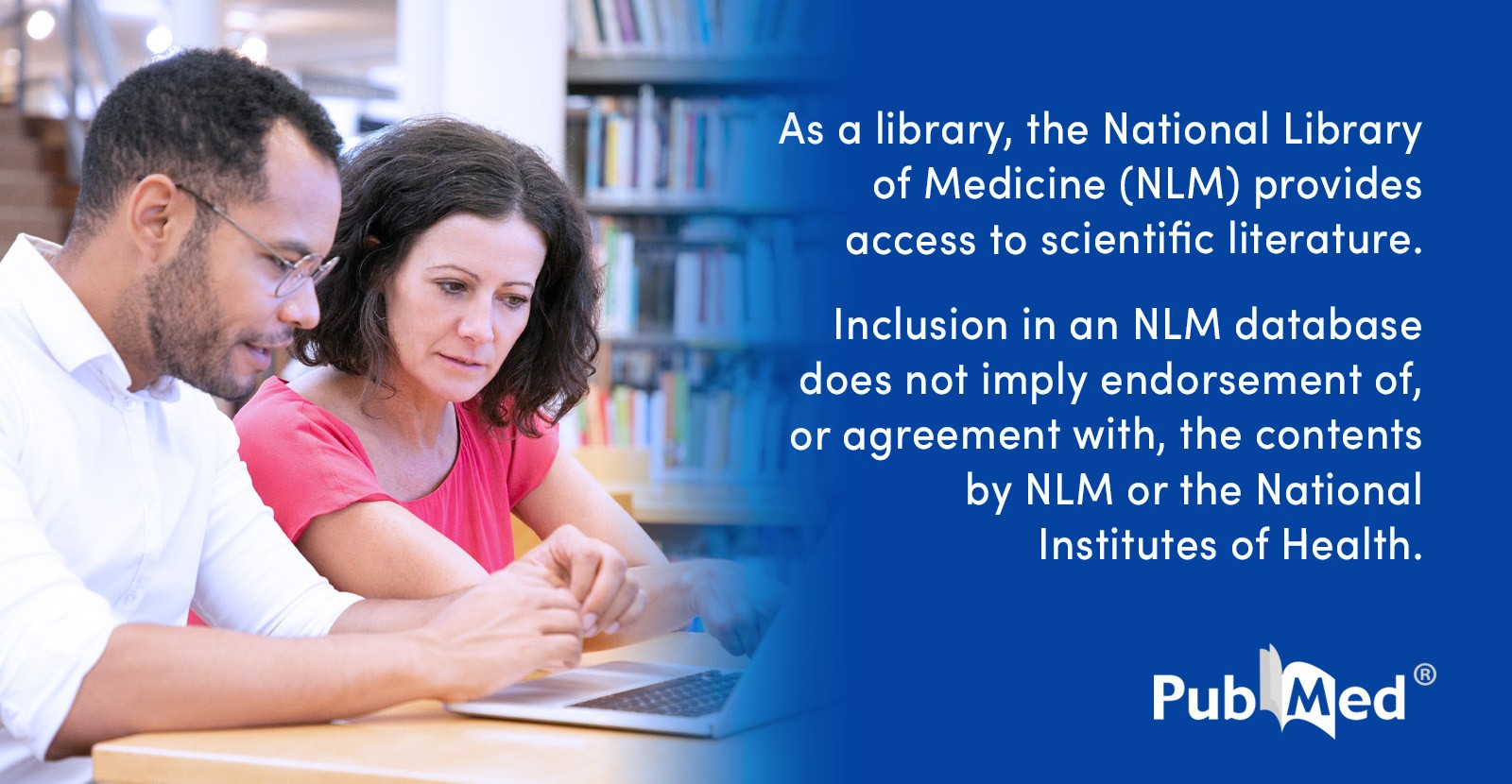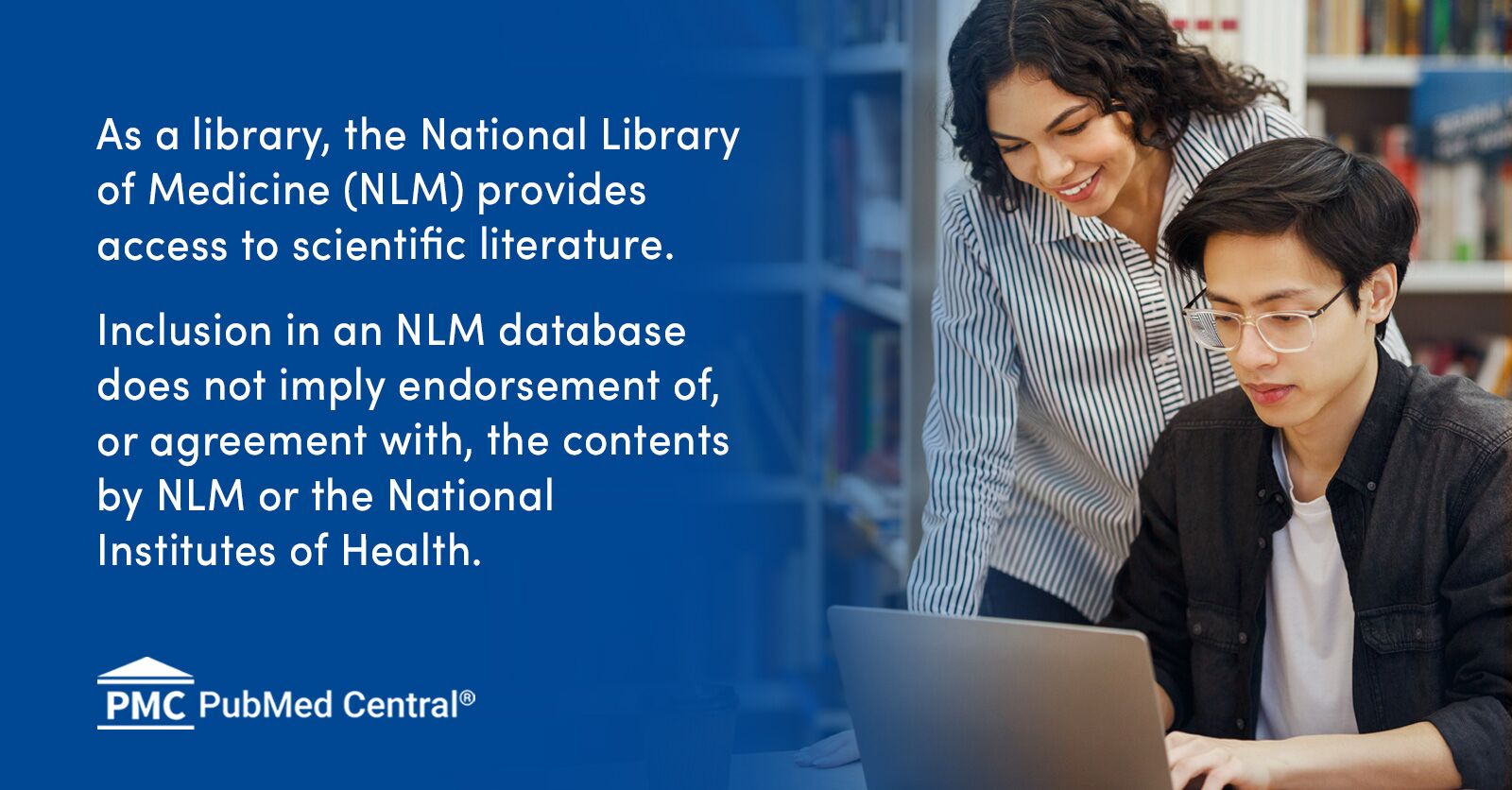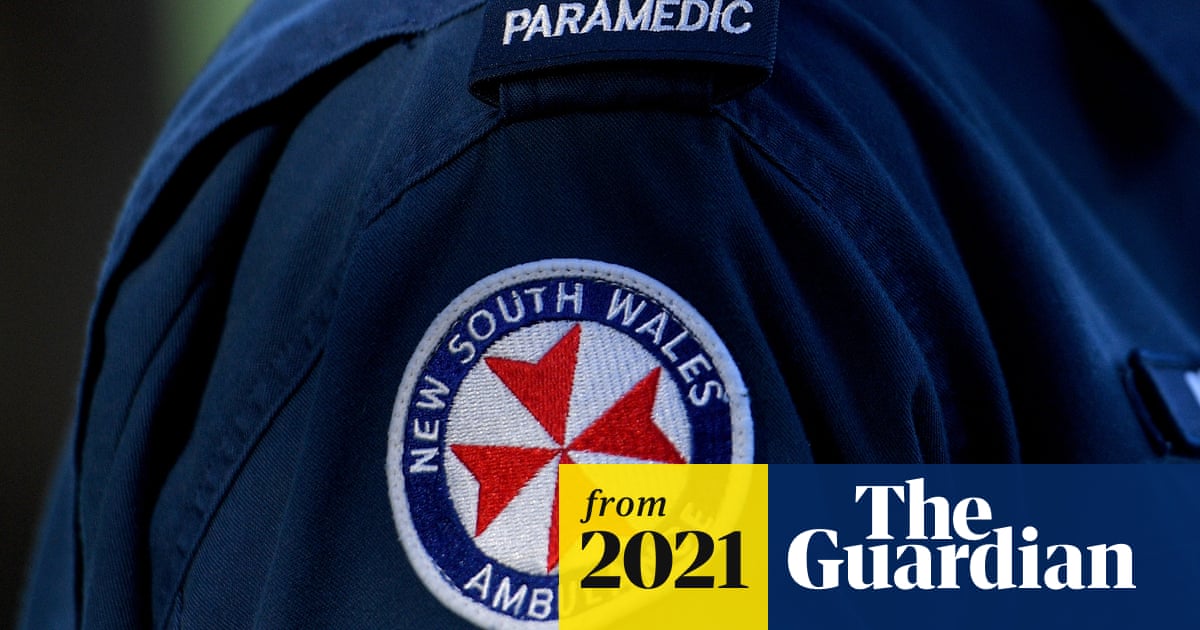They don't 100% stop it but they significantly reduce it.They don't stop catching and spreading and it seems government will be pushing for boosters every 6 months. Sounds like they are working well.
Like how seat belts or airbags don't 100% stop people dying in car accidents, but they significantly reduce it. Nobody's arguing we should ban seat belts or refuse to make them mandatory because "you can still die with it".... (well, probably a few people ARE saying this.....)







